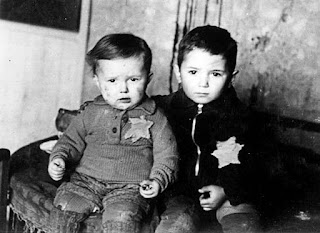This First Advent Sunday/ at the start of a new liturgical year,/ we ask for blessings as we begin again/ in our prayer,/ our perceiving,/ our forgiving and peace-making./ We pray to the Lord.
From Japan,/ Pope Francis has said that possessing and using nuclear weapons is immoral,/ as they are destructive of the planet and wasteful of resources that could lift populations out of poverty./ We ask for leaders eager to try new avenues towards creating a peaceful planet./ We pray to the Lord.
As the Holiday time has begun with Thanksgiving Day,/ we ask to have grateful hearts,/ that we would take nothing for granted,/ and be eager to share from our abundance./ We pray to the Lord.
In this hemisphere,/ during the time of cold and dark,/ we pray for those who are homeless,/ working more than one job,/ alone,/ despairing or afraid./ We pray to the Lord.
We pray for our families where they are in need of help and healing./ For families exhausted by disaster,/ famine or war./ For the world's children to feel welcomed,/ healthy and secure./ We pray to the Lord.
For those fighting disastrous fires in Australia./ For the people who have lost property or loved ones there./ For those who care for the animals where habitats have been destroyed,/ some species now nearing extinction./ We pray to the Lord.
From Japan,/ Pope Francis has said that possessing and using nuclear weapons is immoral,/ as they are destructive of the planet and wasteful of resources that could lift populations out of poverty./ We ask for leaders eager to try new avenues towards creating a peaceful planet./ We pray to the Lord.
As the Holiday time has begun with Thanksgiving Day,/ we ask to have grateful hearts,/ that we would take nothing for granted,/ and be eager to share from our abundance./ We pray to the Lord.
In this hemisphere,/ during the time of cold and dark,/ we pray for those who are homeless,/ working more than one job,/ alone,/ despairing or afraid./ We pray to the Lord.
We pray for our families where they are in need of help and healing./ For families exhausted by disaster,/ famine or war./ For the world's children to feel welcomed,/ healthy and secure./ We pray to the Lord.
For those fighting disastrous fires in Australia./ For the people who have lost property or loved ones there./ For those who care for the animals where habitats have been destroyed,/ some species now nearing extinction./ We pray to the Lord.










